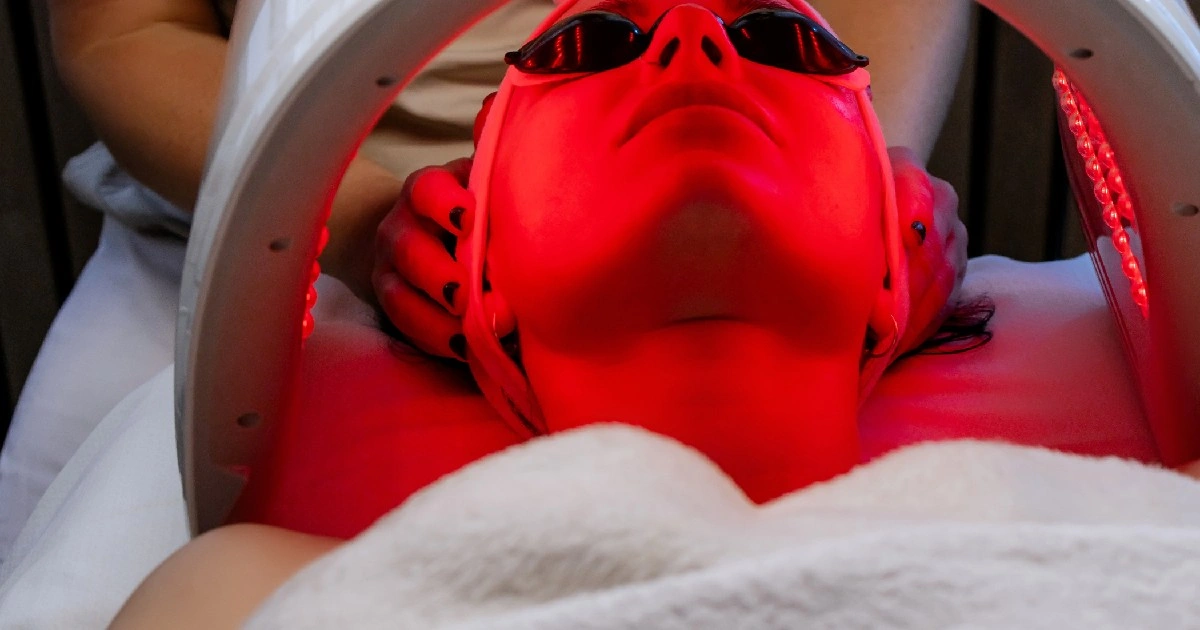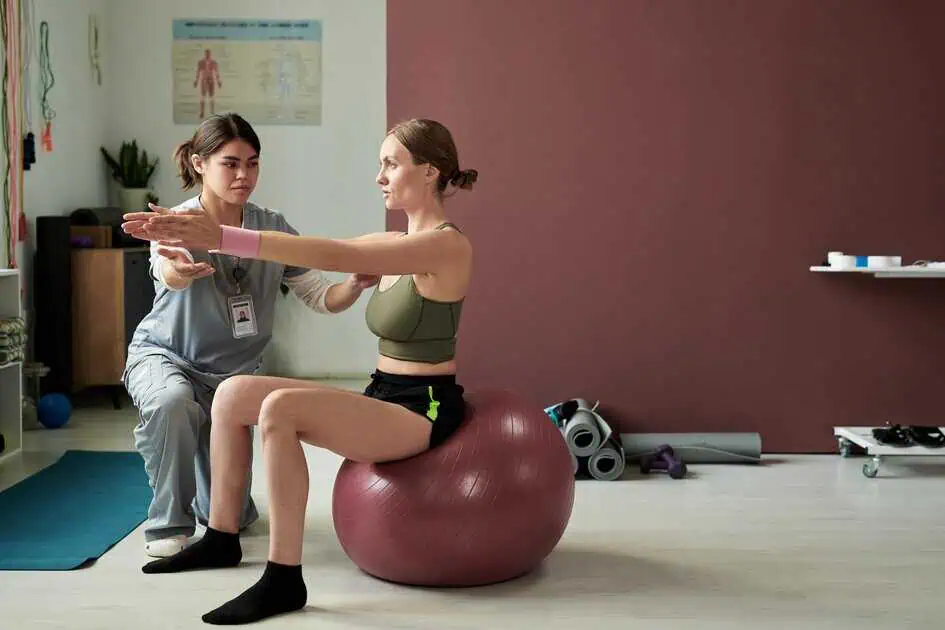Table of Contents
The search for effective training methods to enhance flexibility, strength, and recovery is ongoing in sports and athletic performance. One innovative approach that has gained significant attention is Functional Range Conditioning (FRC). This cutting-edge system optimizes joint health, improves mobility, and elevates overall movement quality. At Hudson Premier Physical Therapy in Jersey City, NJ, we’ve integrated FRC into our services to help athletes and active individuals unlock their full potential. This article’ll explore how Functional Range Conditioning can boost your sports performance and contribute to long-term joint health.
What is Functional Range Conditioning?
Functional Range Conditioning is a comprehensive training system that focuses on improving joint function, mobility, and control. Unlike traditional stretching or strength training methods, FRC takes a more holistic movement and joint health approach.
Key Components of FRC:
- Joint articulation
- Controlled articular rotations (CARs)
- End-range strength training
- Isometric contractions
By incorporating these elements, FRC aims to enhance not just flexibility, but also strength and control throughout a joint’s full range of motion.
How Functional Range Conditioning Enhances Sports Performance
Many athletes prioritize sports performance enhancement, and FRC offers several benefits that can contribute to improved athletic performance.
Improved Flexibility and Mobility
One of the cornerstone benefits of FRC is its ability to improve flexibility and mobility significantly. Unlike passive stretching, FRC teaches your body to control and access greater ranges of motion actively.
Benefits of Enhanced Flexibility:
- Reduced risk of injury
- Improved movement efficiency
- Better performance in sports requiring a wide range of motion
At Hudson Premier Physical Therapy, our FRC-trained therapists work with athletes to develop personalized mobility programs that address their specific needs and sport requirements.
Increased Strength and Stability
Functional Range Conditioning doesn’t just focus on flexibility; it also emphasizes strength development, particularly at end ranges of motion. This approach leads to:
- Improved joint stability
- Enhanced muscular control throughout movement ranges
- Increased power output in athletic movements
By strengthening muscles and connective tissues in extended positions, athletes can perform more confidently and reduce injury risk.
Enhanced Muscle Activation and Control
Proper muscle activation is crucial for optimal sports performance. FRC techniques help athletes develop better neuromuscular control, leading to:
- More efficient movement patterns
- Improved body awareness and proprioception
- Better ability to recruit muscles effectively during sports activities
This enhanced muscle control can translate directly into improved performance in various sports and athletic endeavors.
Accelerated Recovery and Injury Prevention
For athletes, recovery and injury prevention are as important as performance enhancement. FRC contributes to these aspects in several ways:
FRC Benefits for Recovery and Injury Prevention:
- Improved blood flow to joints and tissues
- Enhanced joint nutrition and health
- Reduced risk of overuse injuries
- Faster recovery from intense training sessions
By incorporating FRC techniques into their regular training routine, athletes at Hudson Premier Physical Therapy have experienced fewer injuries and quicker recovery times.
Functional Range Conditioning in Sports Rehabilitation
Sports injury recovery with Functional Range Conditioning is another area where this system shines. FRC principles can be effectively applied in rehabilitation settings to:
- Restore joint range of motion after injury
- Rebuild strength and control in affected areas
- Prevent re-injury by addressing underlying movement deficiencies
Our therapists at Hudson Premier Physical Therapy utilize FRC techniques to create comprehensive rehabilitation programs tailored to each athlete’s specific injury and sport.
Implementing Functional Range Conditioning in Your Training
Integrating FRC into your training routine can significantly boost your athletic performance. Here are some tips for getting started:
- Start with a professional assessment to identify areas of limitation
- Learn proper technique for CARs and other FRC exercises
- Incorporate FRC exercises into your daily routine, even on rest days
- Be patient and consistent – results build over time
At Hudson Premier Physical Therapy, we offer personalized FRC programs designed to meet each athlete’s unique needs.
The Science Behind Functional Range Conditioning
Scientific principles of joint physiology and movement science back the effectiveness of FRC. Key concepts include:
- Articular homeostasis: Maintaining joint health through regular, controlled movement
- Mechanotransduction: How mechanical forces influence cellular processes in tissues
- Neuroplasticity: The brain’s ability to adapt and create new movement patterns
Understanding these principles helps athletes appreciate the long-term benefits of incorporating FRC into their training regimen.
Frequently Asked Questions About Functional Range Conditioning
To help you better understand FRC and its applications, here are answers to some common questions:
Q: How often should I perform FRC exercises?
A: For optimal results, FRC exercises should be performed daily, even if only for a short duration. Consistency is key in developing and maintaining joint health and mobility.
Q: Can FRC help with chronic pain conditions?
A: Yes, many individuals with chronic pain have found relief through FRC techniques. By improving joint function and mobility, FRC can address underlying causes of pain and discomfort.
Q: Is FRC suitable for all athletes, regardless of their sport?
A: FRC principles can be applied to benefit athletes in virtually any sport. The specific exercises and focus areas may vary depending on the sport’s demands and the individual’s needs.
Q: How long does it take to see results from FRC training?
A: While some improvements in mobility can be felt almost immediately, significant changes in strength and performance typically develop over several weeks to months of consistent practice.
Conclusion: Elevate Your Athletic Potential with Functional Range Conditioning
Functional Range Conditioning offers a comprehensive approach to enhancing athletic performance improving flexibility, strength, and recovery. By focusing on joint health and controlled mobility, FRC provides athletes with tools to perform better and maintain long-term physical well-being.
At Hudson Premier Physical Therapy in Jersey City, NJ, we’re committed to helping athletes and active individuals achieve their performance goals through cutting-edge techniques like FRC. Our experienced therapists can guide you through a personalized FRC program to address your specific needs and athletic aspirations.
Ready to take your sports performance to the next level? Unlock your potential—boost your sports performance today! Contact Hudson Premier Physical Therapy to schedule a consultation and discover how Functional Range Conditioning can transform your athletic journey. Don’t let limitations hold you back – embrace the power of FRC and unleash your true athletic potential!






